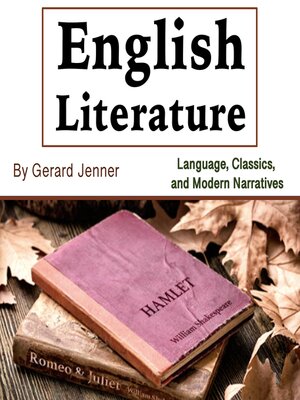English Literature
audiobook (Unabridged) ∣ Language, Classics, and Modern Narratives
By Gerard Jenner

Sign up to save your library
With an OverDrive account, you can save your favorite libraries for at-a-glance information about availability. Find out more about OverDrive accounts.
Find this title in Libby, the library reading app by OverDrive.



Search for a digital library with this title
Title found at these libraries:
| Library Name | Distance |
|---|---|
| Loading... |
This audiobook is narrated by a digital voice.
The manuscript pages of the Beowulf codex, darkened by age and scorched by the fire that nearly destroyed them in 1731, contain words that represent humanity's earliest attempts to grapple with mortality, heroism, and the search for meaning in a world where monsters lurk in the darkness beyond the mead-hall's flickering light. Professor Margaret Thornton, examining the ancient vellum in the British Library, reflects on how this anonymous eighth-century poet, working in Old English that modern readers can barely comprehend, established themes and concerns that would echo through English literature for more than a millennium, from the existential struggles of Hamlet to the moral complexity of contemporary fiction.
Medieval English literature emerged from the confluence of Germanic warrior culture, Celtic storytelling traditions, and Christian theology, creating a unique literary synthesis that would establish fundamental patterns for all subsequent English writing. The anonymous scribes and poets who preserved these early works created more than entertainment; they forged a literary tradition that grappled with questions of individual identity, social responsibility, spiritual meaning, and human mortality that remain central to literature today.
Beowulf, composed sometime between the eighth and eleventh centuries, presents a hero whose strength and courage enable him to defeat supernatural monsters while ultimately facing the universal human fate of death and the inevitable passage of time. The poem's structure, moving from Beowulf's youthful victories against Grendel and his mother to his final battle with the dragon in old age, creates a meditation on the relationship between individual achievement and historical inevitability that would influence English narrative patterns for centuries to come.







